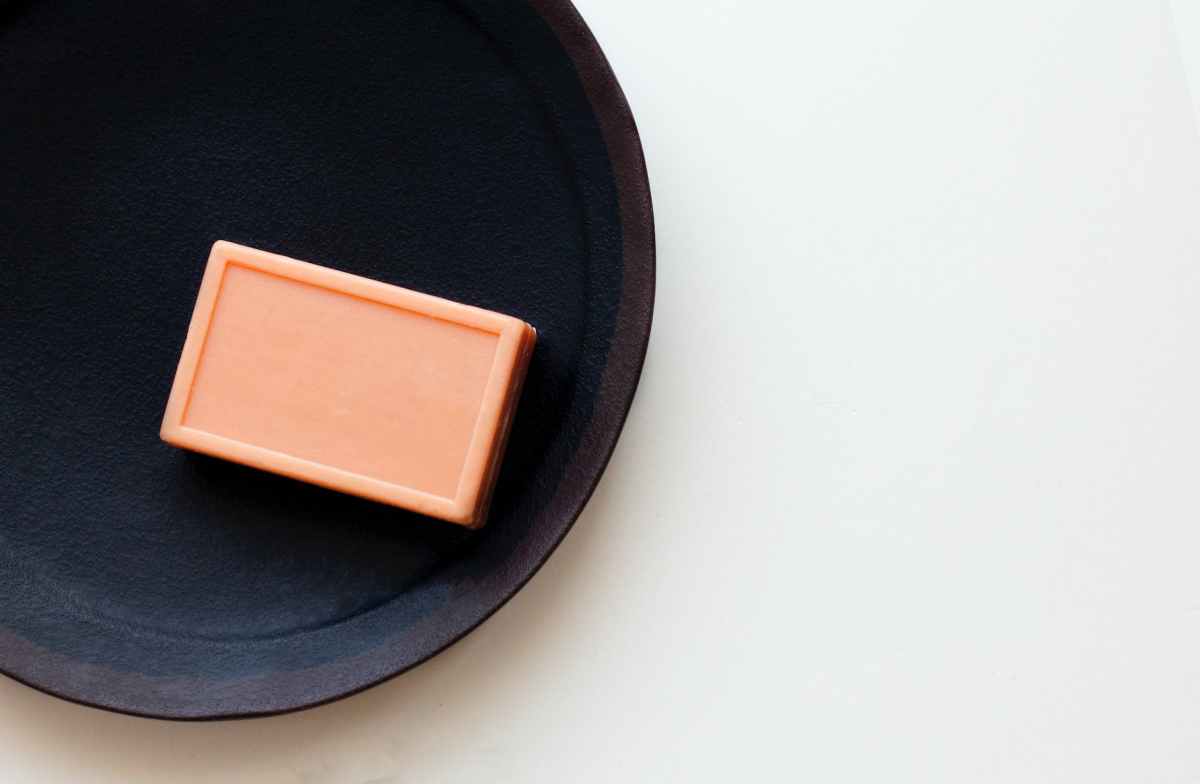Introduction:
When it comes to cleansing our skin, soap is an essential product that we use every day. However, not all soaps are the same. There are different qualities of soap, each offering unique benefits for different skin types and needs. In this article, we will explore the world of soap varieties and help you understand the differences and choose the perfect soap for your skin.

What are soap varieties?
- Soap varieties refer to the quality and composition of the soap. They determine the effectiveness, purity and skin compatibility of the soap. The classification system is based on the ingredients used, the manufacturing processes and the quality standards followed during production.
- Common soap classes:
a. Grade A:
Grade A soaps are the highest quality soaps on the market. They are usually made with high-quality ingredients such as natural oils, plant extracts and conditioning additives. Grade A soaps undergo rigorous testing to ensure their purity and are often handmade in small batches. These soaps are gentle, moisturizing and suitable for all skin types, including sensitive skin.
b. Grade B:
Grade B soaps are still of good quality, but may contain some synthetic additives or a lower concentration of natural ingredients. They are usually mass produced and widely available on the market. Grade B soaps may be suitable for people with normal skin who have no particular sensitivities or concerns.
c. Grade C:
Grade C soaps are considered commercial or industrial soaps. They often contain higher levels of synthetic ingredients and low-quality additives. These soaps may lack the moisturizing properties found in higher grade varieties. Grade C soaps are typically used in public settings such as schools or hospitals, where cost and quantity take precedence over luxurious skin care properties.
3. Choosing the right grade of soap:
a. Skin Type:
Consider your skin type when choosing a soap variety. Grade A soaps with natural ingredients are ideal for sensitive or dry skin, as they provide gentle cleansing without causing irritation or stripping away natural oils. Grade B soaps are good for normal or combination skin, while grade C soaps are more suitable for oily or acne-prone skin due to their potentially drying effect.
b. Specific skin problems:
If you have specific skin problems, such as acne, eczema or aging skin, look for soaps that target those problems. Grade A soaps often offer special formulas with added benefits, such as anti-inflammatory or anti-aging properties. These soaps can address your skin concerns while providing a thorough cleansing experience.
c. Ingredient transparency:
Always look at the ingredient list when choosing a soap. Grade A soaps tend to have a shorter list of natural ingredients, while grade C soaps may contain more synthetic additives. Look for soaps where the origin of the ingredients is transparent, and avoid harsh chemicals or potential allergens if you are sensitive.
Conclusion:
Soap grades play a critical role in determining a soap’s quality, benefits and suitability for your skin. Grade A soaps offer the highest level of purity and care, while grade B and C soaps offer alternatives for different skin types and preferences. By considering your skin type, specific concerns, and ingredient transparency, you can choose the perfect soap grade that will leave your skin feeling clean, refreshed, and healthy. So go ahead, pamper your skin with the soap it deserves!
Remember: your skin deserves the best care, and choosing the right kind of soap is a simple but important step on the way to healthier and more radiant skin.
To know about benefits of curcumin click here